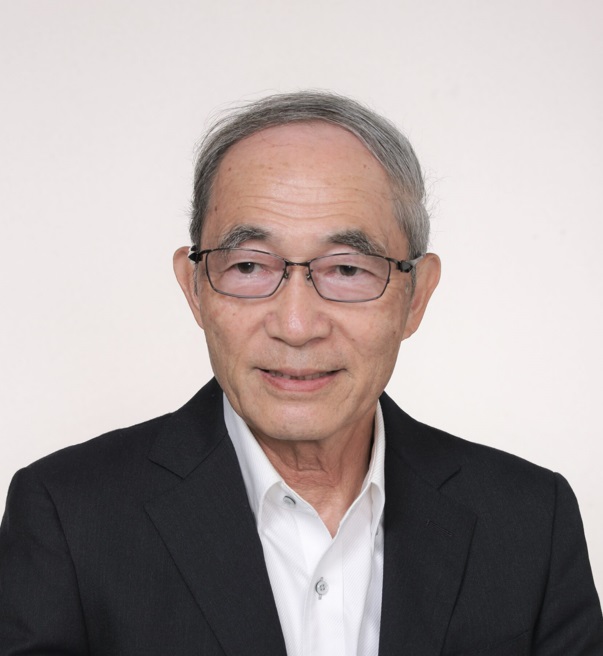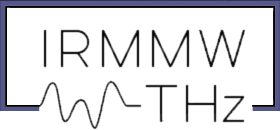The Kenneth J. Button Prize is awarded annually at the International Conference on Infrared, Millimeter and Terahertz Waves in recognition of outstanding contributions to the science of infrared, millimeter, and terahertz waves. The Prize is named after the founder of the Conference Series and is administered by the Infrared, Millimeter, and Terahertz Society. It consists of a medal and a cash prize of $3000. At each annual meeting of the Conference, the Kenneth J. Button Prize Committee meets to consider the nominations that have been submitted and elects the recipient of the Prize for the following year. The presentation is made at the following annual meeting of the Conference and the recipient is normally invited to give a plenary lecture at that meeting.

2022 Winner
Hiromasa Ito
Tohoku University/RIKEN, Sendai, Japan
“for pioneering contributions to the development of advanced lasers, nonlinear optical crystals, tunable THz-wave generators and sensitive detectors”
In 1990 an award called “The Infrared and Millimeter Wave Prize,” to be awarded “for outstanding contributions to the field of infrared and millimeter waves,” was initiated by the Program Council (now known as the International Organizing Committee) and awarded in the first instance to Kenneth J Button, founder of the conference series. The following year it was agreed by the Program Council to rename the Prize “The Kenneth J. Button Prize” in recognition of Ken Button’s outstanding contributions to the Infrared and Millimeter Wave Community, both as a scientist and as the initiator and driving force of this series of conferences. In September 2013, the criterion for awarding the Prize was changed to its present form: “for outstanding contributions to the science of infrared, millimeter, and terahertz waves”.
Any scientist active in the field of the Conference may make a nomination for the K. J. Button Prize. The closing date for receipt of nominations for the following year is generally April 15, but check this web site each year to make certain. For example the 2023 Nominations are due on April 15, 2022. The closing date will be strictly observed. Any nominations received after that date will be carried forward to the following year. Download Nomination Form
Previous Winners:
P. Goldsmith (2021), A. Leitenstorfer (2020), D. Basov (2019), Q. Hu (2018), F. Capasso (2017), T. Idehara (2016), P. Goy (2015), X. C. Zhang (2014), K. Sakai (2013), G. Nusinovich (2012), D. Grischkowsky (2011), D. B. Rutledge (2010), F. Keilmann (2009), A. Litvak (2008), T. J. Parker (2007), X. C. Shen (2006), N. C. Luhmann, Jr (2005), M. F. Kimmitt (2004), S. G. Liu (2003), A. Hadni (2002), K. R. Chu (2001), M. Thumm (2000), A. J. Sievers(1999), K. Mizuno (1998), B. Lax – Special bronze medal (1997), P. L. Richards (1997), M. I. Petelin (1996), R. J. Temkin (1995), F. K. Kneubuhl (1994), J.-I. Nishizawa (1993), D. H. Martin (1992), M. von Ortenberg (1991)
